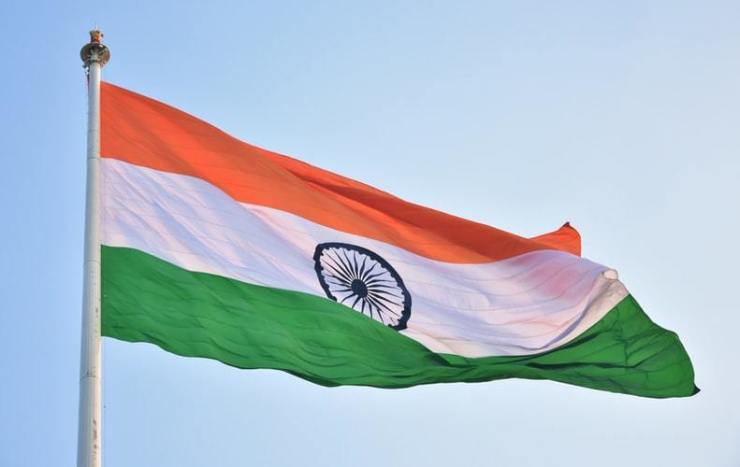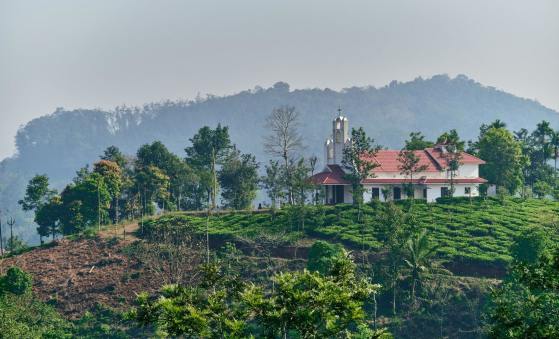
In a scathing indictment, over 20 citizens' organizations and prominent individuals have released a comprehensive "charge sheet" accusing the Government of India of systematically subverting and undermining parliamentary democracy over the last decade.
The 12-page charge sheet titled “We the People of India vs. Government of India” was made public at an online press conference on February 9, 2024. It catalogues eight major charges levelled by the citizens against the government, complete with detailed evidence for each allegation.
Among the prominent endorsers of the charge sheet are the People's Union for Civil Liberties (PUCL), National Alliance of People's Movements (NAPM), Mazdoor Kisan Shakti Sangathan (MKSS) and Delhi Science Forum apart from various other regional groups and individual activists.
“While the parliament itself got housed in a new building, parliamentary democracy has been attacked consistently for the past ten years,” said the release announcing the charge sheet. “This is a chronicle of the ways in which democracy has been decimated and a call for action to all Indian citizens.”
The charges range from procedural violations like not electing a Deputy Speaker of the Lok Sabha for the first time since independence, in contravention of the Constitution, to more substantive allegations of stifling debate, bypassing scrutiny, and unilaterally passing laws without proper discussion.
Christian Today spoke to veteran Peace and Human Rights Activist, Fr. Cedrick Prakash, who is also one of the signatories to the chargesheet. “The Government has blatantly violated significant dimensions of parliamentary democracy. Our aim is to make every single citizen aware of this autocratic behaviour and to hold the Government accountable for subverting the fundamental tenets of democracy,” he said.
One of the key charges is that the last two Lok Sabha terms have had the lowest number of sittings ever, severely curtailing the time for debating policies. The charge sheet provides data showing the 17th Lok Sabha is likely to have just 278 sittings, 34% lower than even the previous NDA government's first term in 1999-2004.
It accuses the government of deliberately bypassing parliamentary oversight by re-promulgating ordinances multiple times instead of getting bills passed. The controversial farm laws in 2020 were first brought in as ordinances when the country was grappling with the Covid-19 pandemic, it notes.
The charge sheet alleges that an increasing number of bills are being passed with little to no debate amid frequent disruptions and boycotts by the Opposition. In the winter session of 2023 alone, it claims that 14 bills were cleared within just 3 days after the mass suspension of 146 Opposition Members of Parliament (MP) - the highest number ever suspended.
Lack of transparency and public consultation in the law-making process is another key charge. It provides data showing that against 71% of bills being referred to standing committees between 2009-2014, only 16% have been sent to such scrutiny since 2019. Only 24.5% of the 301 bills introduced since 2014 were circulated for public consultation.
The budget-making process has also come under fire, with the charge sheet stating that on average 79% of the budget has been passed without any discussion between 2016-2023 due to a combination of reduced sittings and poor time management. In 2018, it alleges the entire year's budget was passed within an hour amidst chaos without any debate at all.
The citizens' groups have also accused the government of regularly deleting questions raised by Opposition MPs, including a record 250+ such questions deleted in December 2023 alone. They claim ministries frequently provide evasive or incomplete responses to questions.
The charge sheet presents a comprehensive and documented critique that parliamentary democracy in India is being steadily hollowed out through repeated procedural violations, lack of scrutiny, and a diminishing of the Opposition's voice in law-making. It remains to be seen how the government responds to these grave allegations by respected citizens' groups.




